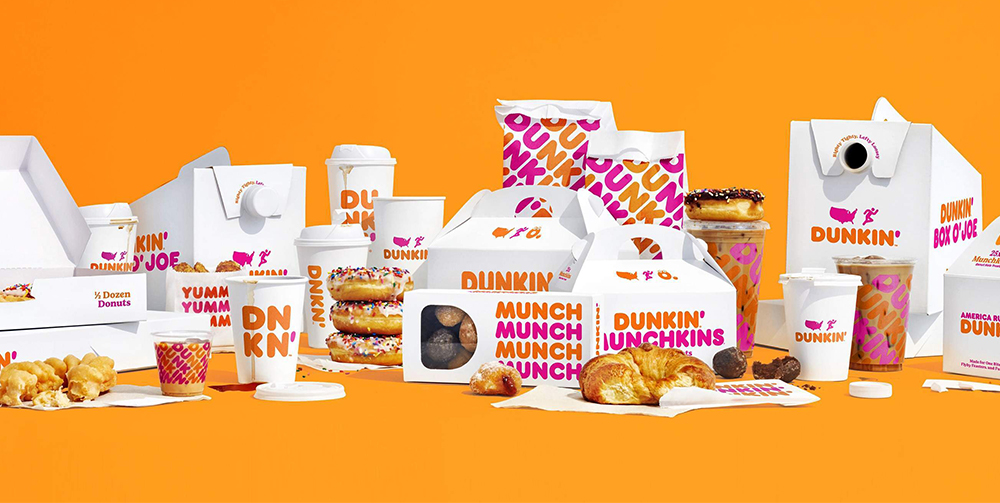In the ever-evolving world of beverage industry giants, the question of whether Starbucks is a Pepsi product has piqued the curiosity of many. This blog post aims to delve into the intricacies of this topic, providing a comprehensive analysis of the relationship between Starbucks and Pepsi. By exploring their collaborations, market dynamics, and product offerings, we will uncover the truth behind this intriguing question.
- The Collaborative Endeavors:
Starbucks and PepsiCo have engaged in several collaborative endeavors over the years, leading to speculation about their partnership. However, it is important to note that Starbucks is not a Pepsi product in the traditional sense. While PepsiCo does not own Starbucks, the two companies have collaborated on various distribution and licensing agreements. - Distribution and Licensing Agreements:
Starbucks has strategically partnered with PepsiCo to expand its reach beyond its own stores. Through these agreements, Starbucks has granted PepsiCo the rights to distribute and market certain Starbucks-branded products, such as ready-to-drink beverages and bottled Frappuccinos. This collaboration has allowed Starbucks to tap into the vast distribution network of PepsiCo, reaching a wider consumer base. - Market Dynamics:
Understanding the market dynamics is crucial in comprehending the relationship between Starbucks and PepsiCo. Both companies operate in different segments of the beverage industry. Starbucks primarily focuses on the specialty coffee market, while PepsiCo is renowned for its carbonated soft drinks and snack products. This differentiation in product offerings ensures that Starbucks remains an independent entity, even with its collaborations with PepsiCo. - Product Offerings:
While Starbucks and PepsiCo have collaborated on certain products, it is essential to differentiate between Starbucks-branded products and those owned by PepsiCo. Starbucks retains ownership and control over its core coffee products, which are served exclusively in its stores. On the other hand, the Starbucks-branded ready-to-drink beverages and bottled Frappuccinos distributed by PepsiCo are separate entities, falling under the licensing agreements.
Conclusion:
In conclusion, Starbucks is not a Pepsi product, but rather a strategic partner. The collaboration between Starbucks and PepsiCo through distribution and licensing agreements has allowed Starbucks to expand its reach and offer its products to a wider audience. By understanding the market dynamics and differentiating between Starbucks-owned products and those distributed by PepsiCo, we can appreciate the unique relationship between these industry giants.




